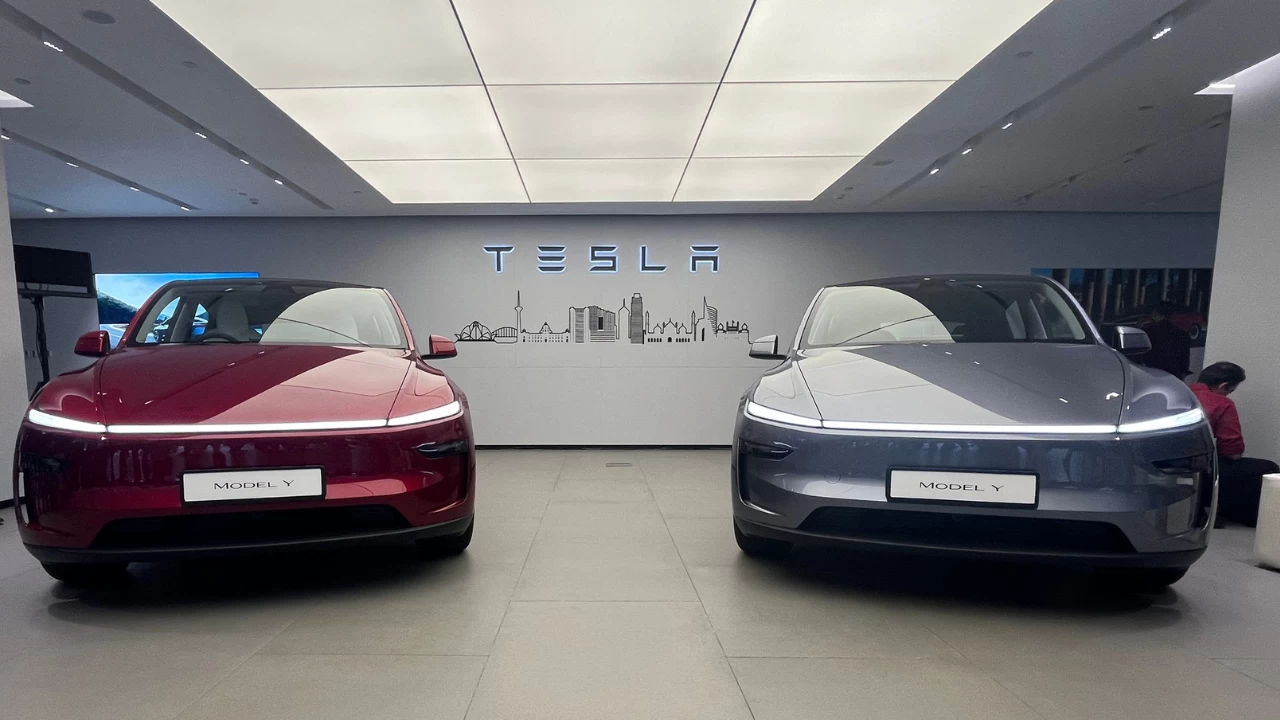

By signing in or creating an account, you agree with Associated Broadcasting Company's Terms & Conditions and Privacy Policy.


By signing in or creating an account, you agree with Associated Broadcasting Company's Terms & Conditions and Privacy Policy.

New Delhi: Tesla Inc.’s entry in the Indian market hasn’t gone as they would have hoped, with only 600 bookings received thus far, as reported by Bloomberg. It is a shocking number considering that it is the figure that is brand’ global sales figure every four hours. Those in the know have told Bloomberg that the company’s expectations haven’t been met. It was reported that Tesla had originally targeted 2,500 cars just this year.
Elon Musk’s electric vehicle maker is now planning to ship around 350 to 500 cars in India this year, with the first set of cars arriving from Shanghai in early September. Deliveries, in fact, will at first be restricted to Mumbai, Delhi, Pune and Gurugram. The size of shipments will also depend on the full payment received for the cars, as well as Tesla’s capacity to deliver outside these four cities where it has a physical presence.
In July of this year, Tesla launched the Model Y in India, starting at Rs 59.89 lakh, highlighting the high tariffs on imported electric vehicles in the country. The US EV makers have been appealing for lower import duties in India. With the introduction of the Model Y, Tesla also launched their first touchpoint in the country in Mumbai’s BKC complex.
In India, the Model Y will be available in two trims, the Rear-Wheel Drive (RWD) model, powered by a 60 kWh battery, and the Long Range RWD model with a 75 kWh battery. For the Long Range RWD, prices start at Rs 67.89 lakh, ex-showroom, with the Full Self-Driving costing a further Rs 6 lakh.
This year, Tesla has seen a decline in its sales, and although the Model Y is globally the best-selling EV, it is in danger of being knocked off its perch. In India, entry can be challenging due to competition, and although the market is steadily growing, the infrastructure is still under development. Sales of EVs in India are four per cent of the total auto sales in India, and that is where Tesla finds themselves in an even trickier spot.
Tesla is targeting a very specific audience, and even though they have shown interest in the market by rapidly installing Tesla chargers and opening a second touchpoint in India in Delhi, they still have a long fight ahead. The EV is still seen as a city commuter. Competing with the likesof Hyundai Ioniq 5, Volvo EX40/EC40, Mercedes-Benz EQA and BYD Sealion 7, Tesla has an uphill task of becoming recognisable and competing for a market share. EV companies in the Indian market either have a huge network or experience in dealing with Indian customers.








